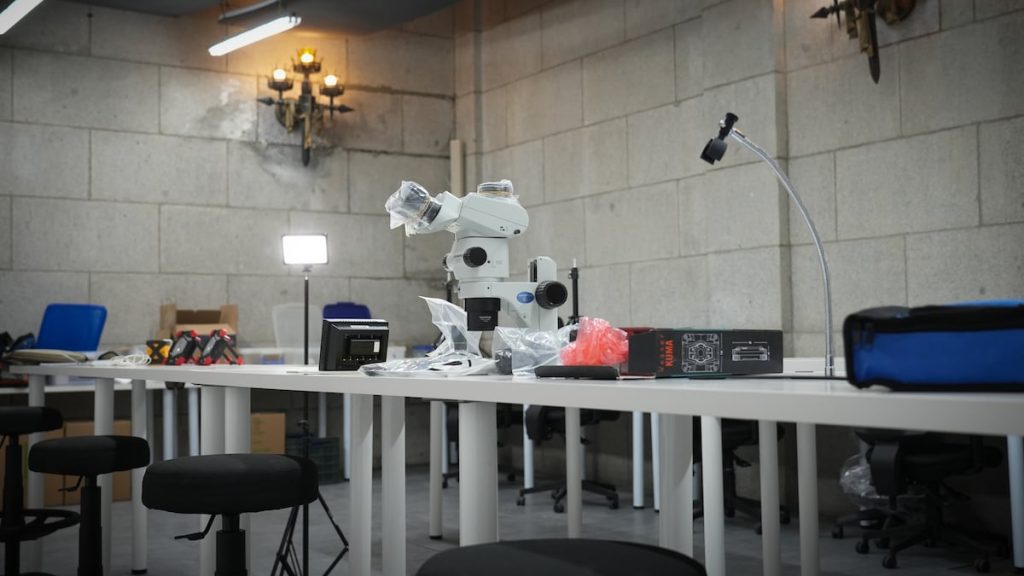Family members who have demanded the government to recover the remains of loved ones buried without their consent in the Valle de Cuelgamuros have begun visiting the crypts where experts from various disciplines have been working since June of last year to try to fulfill that desire. The visits are being conducted in groups of no more than ten people, with the assistance of two psychologists specialized in victims. A total of 166 families are seeking the remains, and about 60 of them have already requested to visit the crypts. The goal is for them to ask any questions they may have and see for themselves the difficulty of the task, especially in some of the more damaged columbariums.
So far, the skeletal remains of 12 victims have been returned to their families, such as Fausto Canales, who was able to witness the forensic work that allowed him to respectfully bury his father, Valerico. Canales visited the mausoleum accompanied by his son and nephew and described the experience as wonderful. The forensics explained their work and showed the recovered remains and signs of violent death. Around 300 more bone samples from victims in Aragon and Catalonia are currently in the laboratory for genetic identification. The families finally have the chance to visit the crypts and witness the forensic work being done to recover their loved ones.
In the mausoleum, more than 33,800 victims of the Franco regime are buried, many of whom were extracted from mass graves and transferred to the crypts without the consent of their families. In October 2019, Franco’s remains were moved from the prominent location they occupied near the main altar to the cemetery of Mingorrubio as a first step towards democratizing the monument. This move aimed to ease the concerns of families who considered it an insult for their relatives to be buried alongside the dictator. The families have had to wait too long, not only due to technical issues but also because of legal challenges from far-right and anti-memory groups. The battle is still ongoing, with the government hoping for a favorable outcome in court.
The families have been waiting patiently for the exhumations to take place in the crypts of the Valle de Cuelgamuros, a much more complex task technically. The government has acknowledged the delays, attributing them to both technical challenges and legal obstacles created by opposing groups. Despite these challenges, the families are finally being given the opportunity to visit the crypts and witness the forensic work that is being done to recover their loved ones. The process is a step towards justice and closure for those who have long sought answers and closure regarding the fate of their relatives.
The persistence of the families and the efforts of the government have led to significant progress in the recovery of remains at the Valle de Cuelgamuros. By allowing family members to visit the crypts and witness the forensic work being done, the government is demonstrating its commitment to upholding the rule of law and promoting democracy through the restoration of historical memory. The journey towards closure for the families affected by the Franco regime is ongoing, with challenges still to be overcome, but progress is being made towards addressing the injustices of the past and offering solace to those who have suffered loss and pain for too long.


